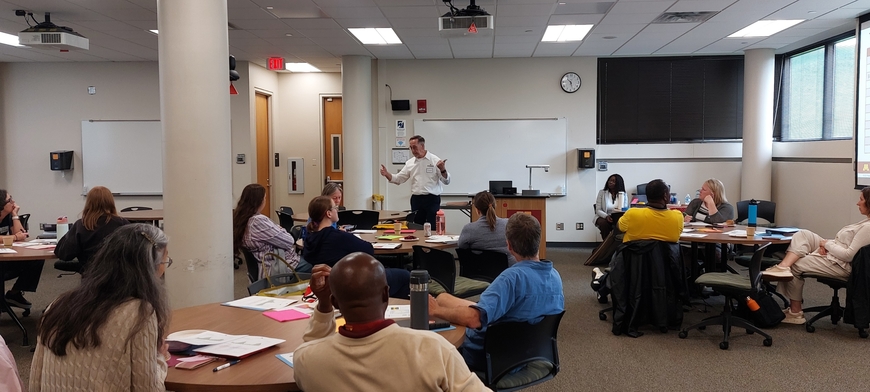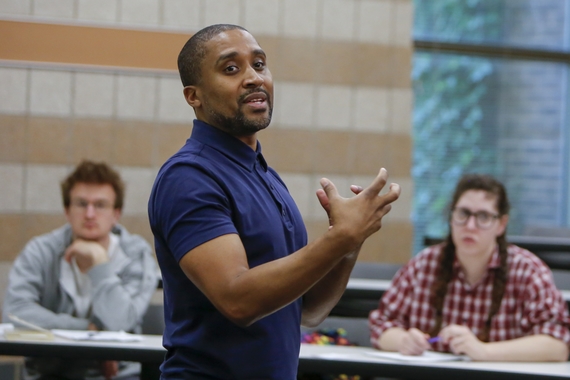Climate Change & Sustainable Development in Africa
Last month on June 17 to 18, the African Studies Institute hosted the Climate Change & Sustainable Development in Africa: An ASI Summer Institute for Educators. Over the course of two days a dozen educators from across Minnesota school districts came together to learn more about the implications of climate change in Africa and how they can take back this knowledge to their students.
Dr. John Vreyens, Director, Extension Global Initiatives and Dr. Awa Saidy, Associate Director of the African Studies Initiative brought fruitful knowledge over a two day period on various topics in focusing on agriculture techniques on the continent, the impact of climate change and how everyday people are combating it.
On the first day of the institute, the two faculty members virtually brought in various leaders and experts from different parts of the conversation on climate change. From Chuka University and Kisii University in Kenya a combination of faculty members and agriculturalists spoke on mitigation and adaptation methods currently being used. Through their presentations, attendees learned about how certain crops are being swapped out to diversify planting techniques, the impact of livestock on the environment and how locals are adapting to these changes.
The second day of the event focused on climate justice and how Africa and the global south are reacting to decades of issues caused by western powers and developed nations. Attendees had the opportunity to hear from Dr. Teddie Porter, clinical professor in the School of Nursing and director of Planetary Health. Dr. Porter discussed the long term health and social effects of climate change, including cardiovascular diseases, mental health affects, forced displacement and migration and civil strife.
The two day summer institute sparked conversations among educators on their hopes and struggles about bringing their newfound knowledge to their school communities. Conversations on the environment are more important now than ever, sparking debates in various communities. However, the teachers were more dedicated than ever to make sure that the next generation of students understand not only the effects on climate change in their communities but also in other parts of the world and how we can combat them.

